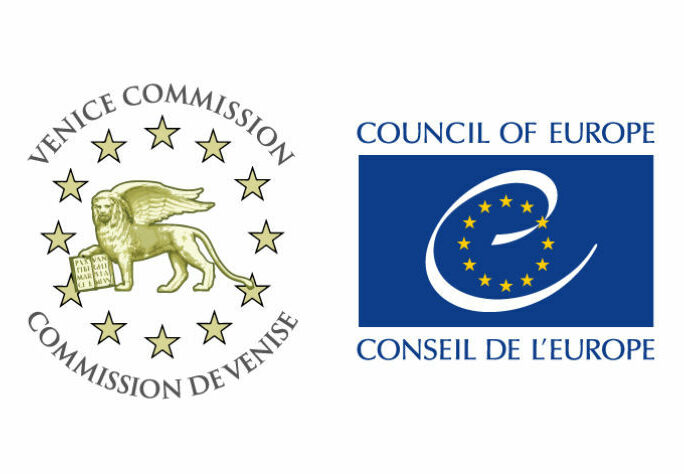The Venice Commission, the Council of Europe’s advisory body on constitutional matters, has underlined in its opinion on Turkey’s new terrorism financing law that it goes beyond the stated intention and negatively affects civil society by further tightening the government’s control over its activities, Turkish Minute reported on Wednesday.
The opinion on the Law no. 7262 on the Prevention of Financing of the Proliferation of Weapons of Mass Destruction was adopted by the commission at its 127th Plenary Session on the basis of comments by H. Kjerulf Thorgeirsdottir, C. Pinelli and P. van Dijk, who acted as rapporteurs, and was released on Tuesday.
The opinion on the law, which entered into force on Dec. 31, 2020, amending the Law on Associations (No. 2860) and the Law on Aid Collection (No. 5253), came after a committee of the Parliamentary Assembly of the Council of Europe (PACE) in January requested that the Venice Commission evaluate its compatibility with international human rights standards.
Noting that it was aware of the challenges faced by Turkey in connection with terrorism, the commission underlined that measures taken to fight terrorism must, however, be in compliance with human rights obligations and the rule of law.
“The Venice Commission observes with concern that in the wake of the failed coup d’état of July 2016, the frequent and broad application of anti-terrorism laws has had serious consequences for civil society in Turkey,” the rapporteurs said.
After the 2016 attempted coup, President Recep Tayyip Erdoğan ruled the country under a state of emergency that was in force until 2018, during which his Justice and Development Party (AKP) government summarily shut down a total of 1,748 associations and foundations by decree-laws.
The commission stated that the provisions relating to the aid collection activities of associations amounted to a serious restriction of the freedom of association, with the amendments paving the way for arbitrary application and for discriminatory measures.
The rapporteurs also indicated that the provisions allowing the interior minister to remove associations’ executives and replace them with government-appointed trustees constituted “a serious infringement of the right of associations to conduct their own affairs” adding that it was “neither necessary nor proportional.”
“Disproportionate measures like this one could amount to altering the nature of an independent association and tightening the government control over it since there is a high risk that the authorities will appoint individuals who are loyal to the government and not to the agenda of the relevant association,” they explained.
Referring to the amendments that give the interior minister the power to temporarily suspend the activity of an association, which may result in its dissolution, and enabling the president to froze the assets of one, the commission emphasized that the principles of necessity and proportionality should be complied with in these “measures of last resort.”
The commission recommended that Turkey properly ensure the freedom of association not only of national associations, but of foreign ones active on Turkish territory as well, expressing hope that the country will find an effective but also lawful solution to the problem of abuse of NGOs for the financing of terrorism or money laundering while guaranteeing the full protection of fundamental civil and political rights of the civil society associations.
In February the Council of Europe (CoE) Commissioner for Human Rights Dunja Mijatović had called on Turkish authorities in a letter addressed to Turkey’s interior and justice ministers to refrain from further implementing new terrorism financing legislation pending the outcome of a Venice Commission review, stressing that some aspects of the law threatened the very existence of human rights NGOs.
Nearly 680 civil society groups signed a declaration against the law before the vote in the Turkish parliament, saying it would limit their ability to raise funds and organize while putting them under ministry pressure.
Source: Stockholm Center for Freedom (SCF)



